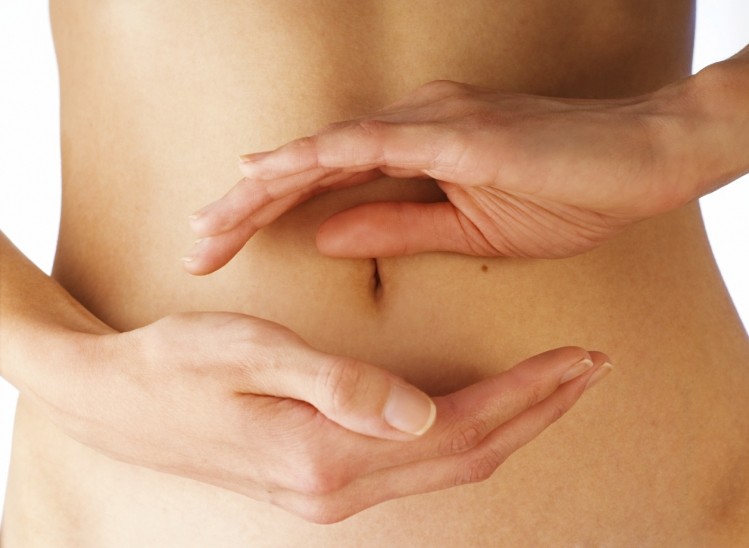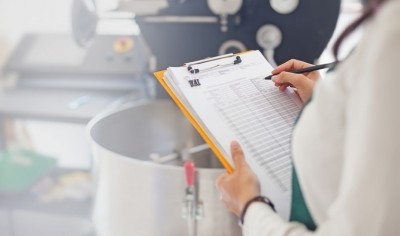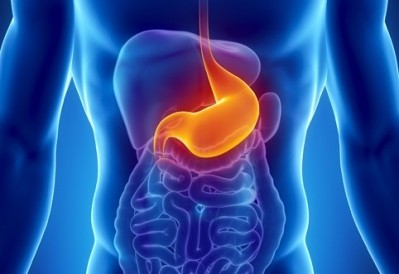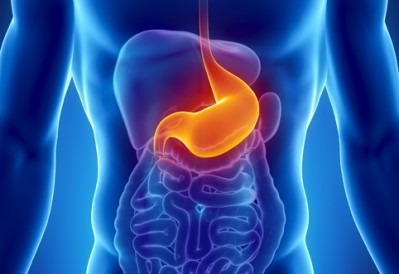Gut research highlights link between microbes and obesity

In a study of the residual energy in the faeces of 85 Danes to estimate how effective their gut microbes were at extracting energy from food, about 40% of participants extracted more energy on average compared to the other 60%.
Researchers also observed that those who extracted the most energy from food also weighed 10% more on average, amounting to an extra nine kilograms.
The results indicated that being overweight might not just be related to how healthily one eats, or the amount of exercise one gets but might also have something to do with the composition of a person’s gut microbes.
Participants were divided into three groups, based on the composition of their gut microbes. The so-called B-type composition (dominated by Bacteroides bacteria) is more effective at extracting nutrients from food and was observed in 40 percent of the participants.
Overactive gut microbes
Following the study, researchers suspected that a portion of the population may be disadvantaged by having gut bacteria that is too effective at extracting energy, resulting in more calories being available for the human host from the same amount of food.
Associate professor Henrik Roager of the University of Copenhagen’s Department of Nutrition, Exercise and Sports said: “The fact that our gut bacteria are great at extracting energy from food is basically a good thing, as the bacteria's metabolism of food provides extra energy in the form of, for example, short-chain fatty acids, which are molecules that our body can use as energy-supplying fuel.
“But if we consume more than we burn, the extra energy provided by the intestinal bacteria may increase the risk of obesity over time.”
The amount of time it took for food to travel through the body of each participant was also measured, with the assumption that participants with long digestive travel times would harvest more nutrition from their food. However, the study found the opposite.
Digestive travel time
"We thought that there would be a long digestive travel time would allow more energy to be extracted,” Roager added. “But here, we see that participants with the B-type gut bacteria that extract the most energy, also have the fastest passage through the gastrointestinal system, which has given us something to think about.”
This latest round of research confirmed earlier studies in mice that found germ-free mice that received gut microbes from obese donors gained more weight than those that received gut microbes from lean donors, despite being fed the same diet.
"It is very interesting that the group of people who have less energy left in their stool also weigh more on average. However, this study doesn’t provide proof that the two factors are directly related. We hope to explore this more in the future,” Roager concluded.
"We may have found a key to understanding why some people gain more weight than others, even when they don't eat more or any differently. But this needs to be investigated further.”
















